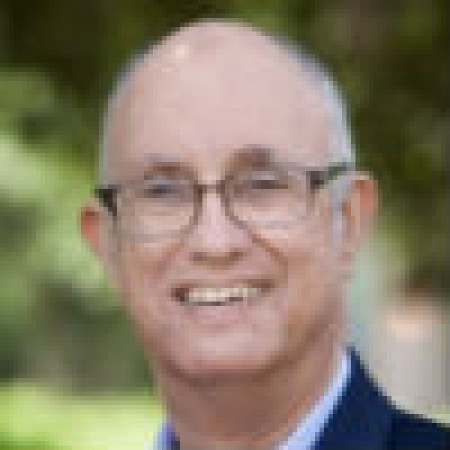Environment
Making Supply Chains Socially Responsible - Environmental Sustainability and Supply Chains
Environmental sustainability is now an imperative for supply chains, and buyers and procurement professionals have more power than ever to exert pressure on suppliers to provide green products. Businesses are also partnering with government and nonprofits to create change in this arena. How do you communicate with suppliers on environmental innovation? At the Stanford 2007 Responsible Supply Chains Conference, executives from an HMO, a government agency, and an entrepreneurial company share successes in greening the supply chains.











